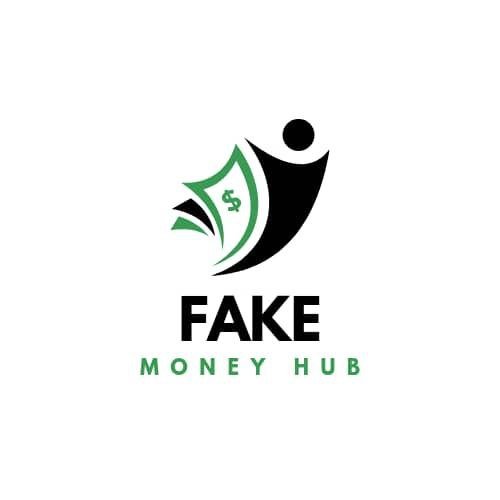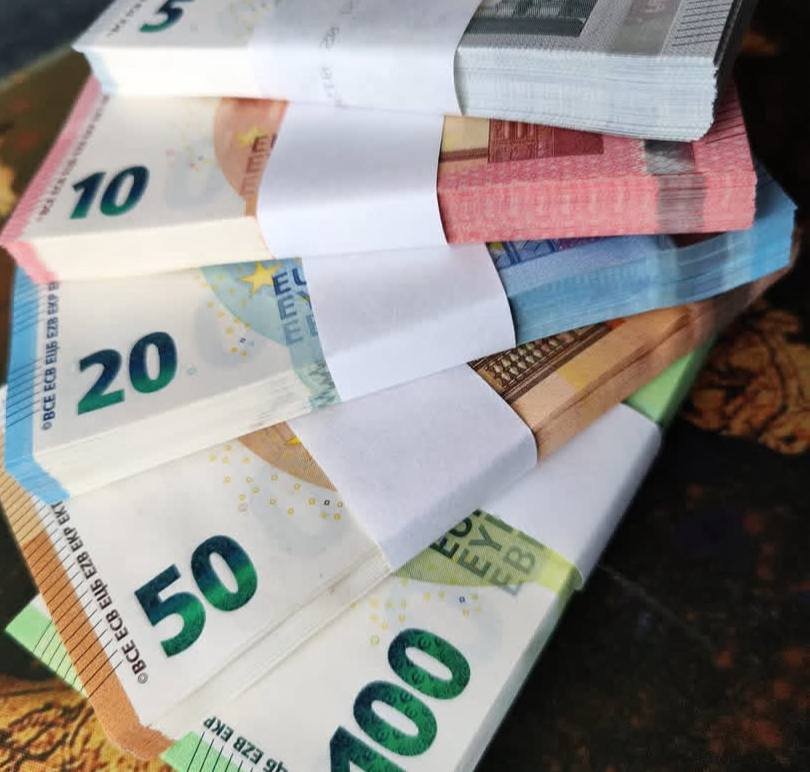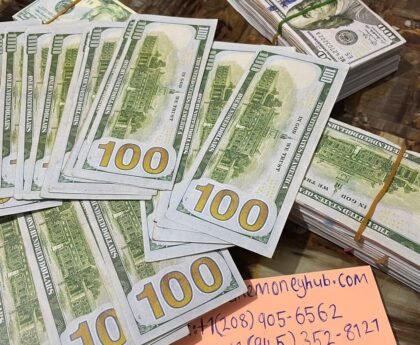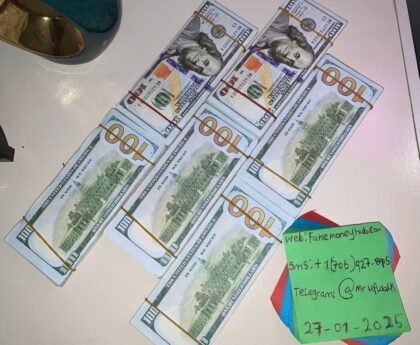Buy Fake Dollars Online | Purchase Fake Dollars Online
What Constitutes Passing or Possessing Counterfeits?
In the Federal Courts of Southern California to Buy Fake Euros Bills specifically within the United States Central District of California, it is common for prosecutors to bring charges against individuals who Buy Fake Euros Bills .
The primary statute outlining the elements and penalties associated with this offense is 18 U.S.C. § 472. Any individual who possesses or attempts to pass any form of United States currency, obligations, or securities with the intent to defraud may face charges for this crime.
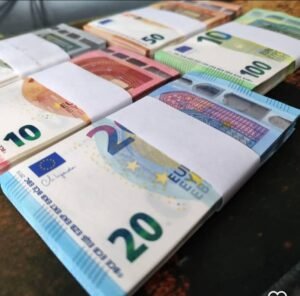
What Elements Must Be view to Charge an Individual With Counterfeiting?
The prosecution is require to demonstrate that the defendant knowingly attempted to or successfully use, uttered, published, sell, or retained in their possession an ‘obligation or other security’ of the United States that was forge, alter, or counterfeited, and that this was done with the purpose to defraud.
What constitutes an “obligation or other security?”
An ‘obligation’ is deem counterfeit if it closely resembles the authentic version to the extent that it can mislead a diligent and unsuspecting individual utilizing standard care and observational skills.
It is not required for it to be flawless to the point that specialized instruments are necessary to ascertain its legitim
An “obligation or other security” encompasses, for instance, all types of bonds, banknotes, federal reserve notes, coupons, treasury notes, gold or silver certificates, certificates of deposit, bills, checks, and money orders.
What is the meaning of “to pass or utter?”
“To pass or utter” refers to the act of attempting to present Counterfeit Banknotes to another individual or a financial institution with the intention of committing fraud.
It is not essential to demonstrate that anything of value was actually exchanged, nor does the prosecution need to establish that the instrument was accepted in order to bring charges under this statute.
What does it signify to act with “an intent to defraud?”
To act with an “intent to defraud” implies engaging in actions with a deliberate aim to deceive someone, typically resulting in financial harm to another party or yielding financial benefit to oneself.
It is unnecessary to prove that anyone was actually scam, giving it is label that the defendant with the mind to cheat.
Who can be charge with Passing or Possessing Counterfeit
bills under 18 U.S.C. § 472?
A person can face charges for Passing or Possessing Counterfeits even if they are not notice while creating the counterfeit items.
If counterfeit notes are discover in your possession, you can be charge with Passing or Possessing Counterfeits. This charge aims to penalize individuals for attempting to use counterfeit bills.
If you try to buy items in a store using a counterfeit bill, you can be charge for using Fake Dollar Bills.
Buy Fake Euros Bills | Where To Get Counterfeit Money
Are There Defenses to Charges of Passing or Possessing Counterfeits?
The key element of the charge is that the defendant acted with the intent to defraud. This element can also be the most challenging for prosecutors to establish.
If you possessed the forged items for prop purposes and had no intention of passing them, or if they were part of an art piece, that could serve as a defense against the charge.
Another potential defense could be that you were unaware that the bill was counterfeit. The prosecution must demonstrate that a defendant knew the note, bill, security, or obligation was counterfeit to secure a conviction under this statute.
Alternatively, the counterfeit can be so poorly produce or so obviously fake that it can’t not deceive any reasonable person.

What Are Some Related Offenses?
Related offenses include:
18 U.S.C. § 471 – Counterfeiting Obligations of the United States
18 U.S.C. § 473 – Dealing in Counterfeit Obligations of the United States
Penal Code § 470 –Forgery
What Are the Consequences for 18 U.S.C. § 472?
Punishment for federal counterfeiting can lead to felony charges that may result in a maximum of 20 years in federal prison and/or a fine of up to $250,000.
A judge will assess your sentence base on your behavior, criminal record, and whether any restitution is require for victims (and the amount, if applicable!).</p>
Criminal Defense for Federal Cases Involving Passing or Possessing Counterfeits
The act of possessing or passing counterfeit currency is a grave offense. Under federal law, this can be classified as a felony, and the penalties can be exceedingly severe.
If you or someone you know is under arrest or charge with passing counterfeits, it is essential to consult with an experience federal criminal defense attorney at the earliest opportunity.
Michael Kraut, a former Deputy District Attorney with over 14 years of prosecutorial experience, is well-verse in effectively defending clients accuse of white-collar counterfeiting crimes and is dedicate to providing his clients with the strongest defense possible.
